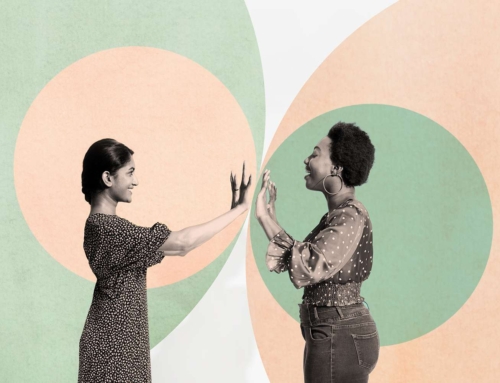Wednesday 1st of November, 2023.
Written by Provisional Psychologist, Megan Higgo.
ADHD: A Psychologist’s Perspective
This month we interviewed one of our senior psychologists, Tom, whose area of interest includes supporting neurodiverse adolescents and adults, particularly on difficulties relating to ADHD. He enthusiastically answered some of the questions that psychologists typically get asked by clients who are curious about ADHD and treatment.
Wh at things do people not recognise as needing help with?
at things do people not recognise as needing help with?
“ADHD is a pervasive disorder; in that it affects every area of one’s life. The impact of ADHD on the individual goes way past predictable difficulties with studying or managing deadlines. ADHD has a significant impact on family relationships, friendships, self-esteem, finances, bodyweight, sleep, driving, mental and physical health.”
What is the benefit of receiving support for ADHD?
“Post diagnosis and beginning treatment, clients often report a significant improvement in their relationships with others and just as importantly, in their relationship with themselves.
Before treatment, people with ADHD generally need to rely on harvesting their adrenaline, fear, and stress to be able to motivate sustained targeted effort. Post treatment, people often tell me their partners or families are greatly relieved that they don’t have to regularly watch their loved one put themselves under an extraordinary amount of stress in order get non-stimulating but important tasks completed.”
What do you enjoying treating most in respect to symptoms of ADHD?
“I always find it so rewarding working with people with ADHD on relationships. To understand who you are, one must understand why you are. Post diagnosis, we work on developing a deeper, more accurate and therefore inherently more self-compassionate understanding of their life and past. Through doing this, people can rewrite all the old self-critical and mistaken beliefs about character flaws being the root of their difficulties, and move towards ‘pride in oneself” which tends to be a totally new experience for people with ADHD.
Increased self-acceptance also creates a great opportunity for working on the quality of connections with others. For example, people with ADHD when they are socialising can be unconsciously masking in a way that makes it hard for them to connect deeply or be fully known by others. Social catchups with friends are often not as nutritional or rewarding as they could be, because they do not feel seen or accepted for their authentic selves in the same way. I enjoy working with people to enable them to ‘unmask’ in a way that allows for a more meaningful connection with others.

Has awareness and acceptance of ADHD changed over the last few years?
“In the last few years, the conversation around ADHD has changed tremendously. During COVID, when people suddenly started working or learning from home, many people recognised for the first time how utterly dependant they were on the scaffolding of having others around to observe their working habits and behaviour. This coincided with the emergence of TikTok, which provided a platform for people to hear for the first time actual neurodivergent people talk about the lived experience of neurodivergence. This boom in awareness and understanding of ADHD has helped so many people access support and find community.”
How can family and friends support someone with diagnosis of ADHD?
“To listen to the person when they talk about their experience and how something is for them, don’t minimise, don’t say “oh well everyone does that sometimes”,
If the individual is trying to make changes in their life, to be encouraging of their growth and be guided by them.”






